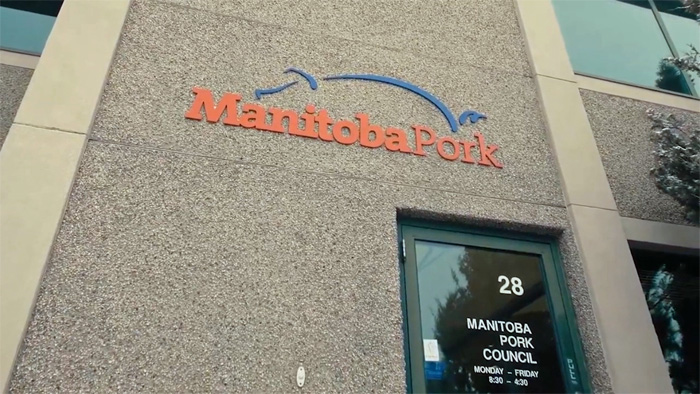In the wake of last week’s U.S. election, the General Manager of Manitoba Pork is calling on the federal government to develop a national strategy for agriculture and food trade.
Last week Donald Trump regained the U.S. presidency.
Manitoba Pork General Manager Cam Dahl suggests, as Canada heads into the 2026 review of the Canada U.S. Mexico Agreement, the first step would be to have a strategic plan for agriculture and food trade but he sees no evidence of the existence of such a plan.
I think what we’re seeing is a return to more protectionist times in the world of trade and that includes agriculture and food trade. Really what we need from our government is to aggressively fight for our market access and I think that really begins with the United States. We see a really more protectionist sense coming from the U.S. and that would have occurred no matter who won the White House and Congress last week in the U.S. election. We’ve heard of President Trump talking about tariffs.
On the other side of the political divide, Vice President Harris was one of only 10 Senators to vote against the Canada-U.S.-Mexico trade agreement so protectionism was coming and I think that there’s no question that CUSMA, the old NAFTA, is our most important agreement. The U.S. is our most important customer and Mexico is either third of fourth on the list when we’re looking at pork but it’s not just pork. It’s most agriculture products.
That is our most important market in terms of volume but it’s also our most important market in terms of geography. Access is much more strait forward so we really need to have our government bring the industry and provincial governments together to develop a strategic plan for reaching out to our U.S. partners and ensuring that that border stays open.
~ Cam Dahl, Manitoba Pork
Dahl says reducing costs within the supply chain benefits farmers on both sides of the border and pulling costs out of the system helps consumers because they have reliable access to better priced products.




